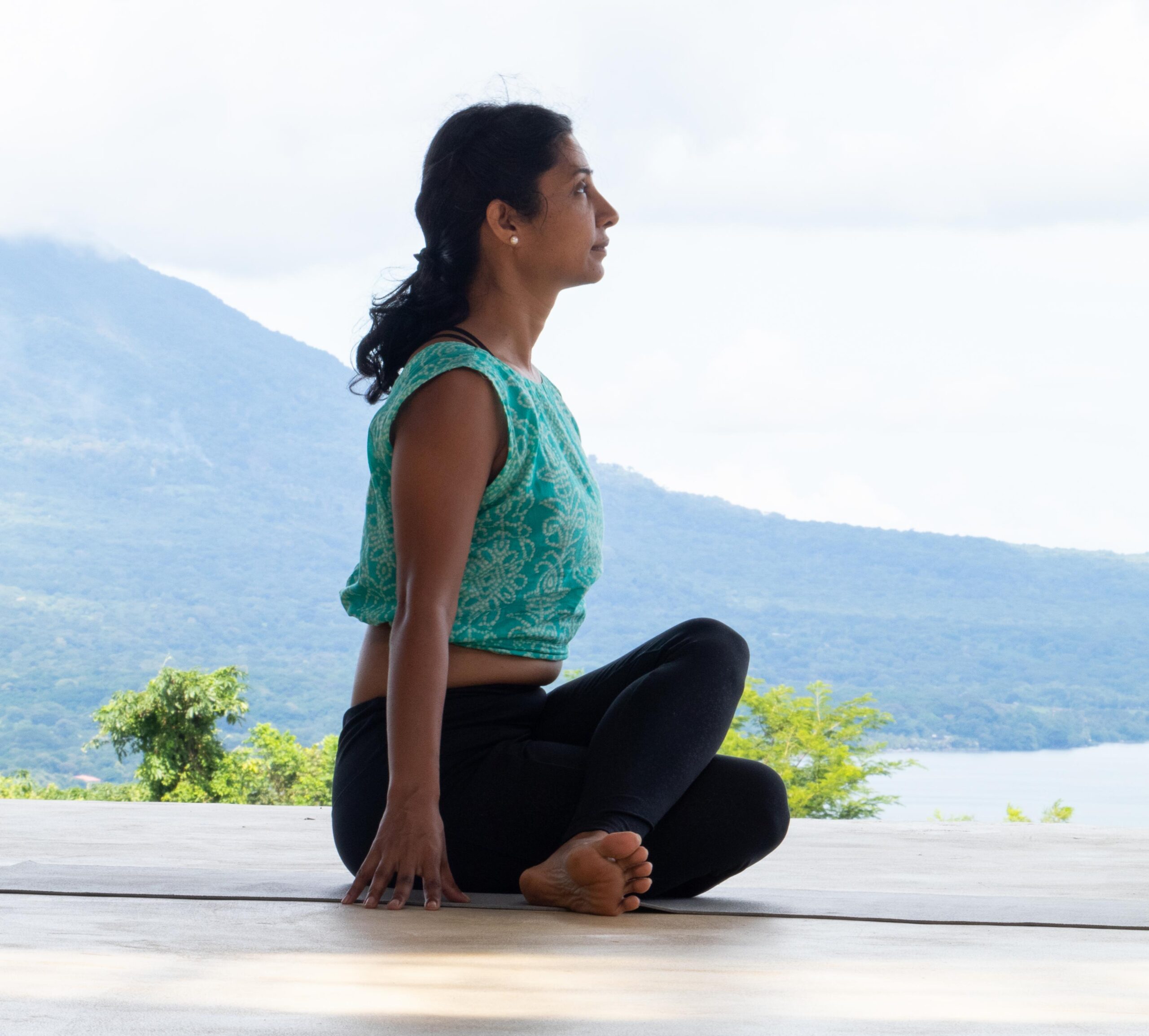Fasting has been around for thousands of years and is commonly practiced in major religions and utilized by medical practitioners.
There are many studies documenting the benefits of fasting which include lowering the risk of type 2 diabetes, reducing cholesterol levels, enhancing the body’s resistance to oxidative stress (which is connected to aging and many chronic diseases), reducing inflammation (a key driver in many common diseases) and… weight loss!
I was introduced to intermittent fasting by a friend in my Yoga Teacher’s Training and he use to fast for 16 hours. At that time I thought in my head this is not for me and it’s impossible.
When I started practicing yoga regularly, I observed that my cravings and need for food is in general reduced but I was still eating 3 times a day. One major change I did was finishing my dinner between 6-7 PM.
It went on for 1-2 years like that and my body was still giving signs of feeling lazy, someday bloated and I knew that I need reduce my food intake further. I had a lot of resistance to it because since childhood I have been eating 3-4 times a day and it was difficult to challenge a childhood habit. But with my body keep telling me, I thought to give it a try. This is how I approached it:
Approach it like learning a new habit
Because most of us are so accustomed to the “three meals a day plus snacks” style of eating, it’s easy to feel like you should take in a meal, even when you’re not hungry, simply because it’s dinnertime. “We don’t necessarily listen to our bodies about whether we’re hungry or not,”. “We’re so far distanced from paying attention to our body and hunger cues.”
Intermittent fasting challenges this behavior, but overhauling your eating patterns requires the same mental effort as any big change. Some research suggests that it takes an average of 41 days to form a new habit, so it’s important to remind yourself daily of the behavior you’re trying to modify, says dietitian Jen Bruning, a spokesperson for the Academy of Nutrition and Dietetics. “Behavior change is hard because we become comfortable with our patterns,” she says. “Changing that up takes a great deal of mental energy until it becomes a habit.”
It took me almost a month to adapt to this habit and I do someday break it(Especially on Weekends). But as it has become my lifestyle and I see so many changes in my physical and mental health I have no turning back.
Be strategic but not rigid
In the early days of fasting, I regularly awoke to a strong reverberation in my stomach. I will feel hungry when going to bed. It was a mental hunger mostly. I use to take hot water or milk.
I started with 12 hours and then increase it to 14 hours. So, I am not too rigid on my hours. I sometimes do 14 and sometimes 16, depending upon my hunger and what I ate the last day.
Try to get excited
If maintaining positivity about fasting feels too hard, try focusing on something else entirely. When I am working from home my focus goes on food now and then and That is a challenge for IF. I would advise to start it when your attention is somewhere else like you are getting into an exciting project and starting something new in life. That way you will not be thinking about food. Make sure you are not surrounded by food and especially junk.
Don’t be afraid to experiment
Ultimately, there are no set rules when it comes to intermittent fasting, What works for one person may not feel comfortable for you. For example, it took me a bit of toying with my fasting window to realize that a fast from 5 p.m. to 8 a.m. is most in line with my body and daily schedule. As long as intermittent fasting doesn’t negatively affect your relationship with food and make you feel too guilty or too restricted, feel free to play around.
“Some people would probably die if I eat some sort of sweets every day (I have sweet tooth),” I would say. “You know what? That’s okay. There’s no set protocol.”
My results
I’ve lost some weight eating this way, but that wasn’t my goal.
Intermittent fasting just fits well into my life. I’m an early riser and a binge eater. (My body is Vata dominated) so the main benefit for me is I feel better, more energetic, and fitter.
When it comes to a person’s health, things like genetics, diet, and exercise can play an important role. There’s a place for trying health interventions — whether they are a fad or not — if they are not harmful and make us feel better. For me, intermittent fasting is not a hard schedule to keep and makes me feel better. I also think it makes me more productive, but it’s likely not easy or enjoyable for other people.
When it comes to health, most things are common sense. You probably already know what you need to do to feel good. And you also know there are no magic pills. Being healthy requires hard work and constant adjustment. I’m always open to new things and never cling to ideas. If someone gives me a better alternative for intermittent fasting, I will try it tomorrow. I’m not invested in these ideas. I’m only invested in my own health.
Contact me if you are looking for a Nutrition consultation empowered by Ayurveda.
Picture Credit : Eli Baron ( He needs another blog, Coming soon!)





